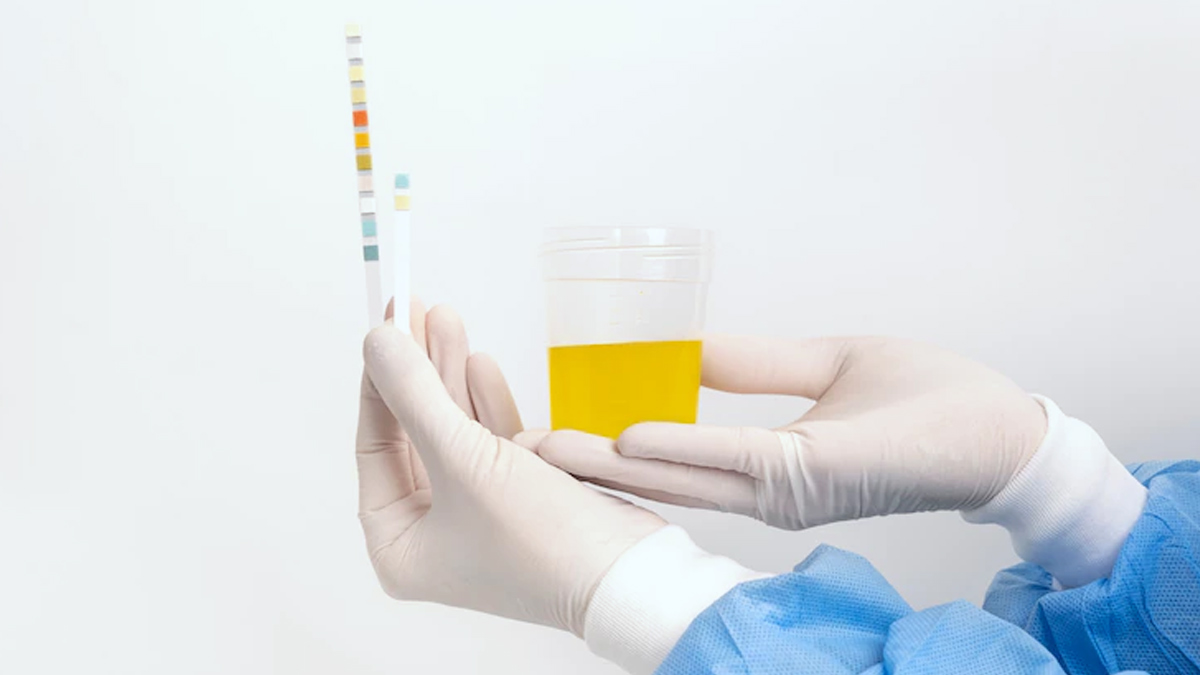
Cancer is an ailment in which the cells of our body grow out of control. Cancer is usually named for the portion of the body where it first appears, even if it eventually spreads to other places. Cervical cancer is a type of cancer that begins in the cervix. The cervix joins the vagina and the top section of the uterus. The uterus or womb is where a baby develops during pregnancy.
Table of Content:-
Diets with high inflammatory potential which is typically high in saturated and trans fats, added sugars, and sodium reportedly increases chronic inflammation and is associated with the development of cervical cancer, particularly among women leading a sedentary lifestyle. Diets deficient in fibre and vitamin C were related to cervical cancer.
Diet And Cervical Cancer
“Salt, hyper processed snacks and milk were determined as high-risk food factors. It was observed that dietary intake of minerals like phosphorus, selenium, iron and zinc may have an impact in reducing the risk of Cervical Cancer and progression of the cancer,” said Ms Minal Shah, Chief Dietician, Fortis Hospital Mulund on the occasion of Cervical Cancer Awareness Month.
Caffeic Acid
Caffeic acid (CA) is naturally found in coffee, tea, fruits, vegetables and olive oil. It exhibits antioxidant, anti-inflammatory, antiproliferative properties. Caffeic acid has been reported to possess antioxidant properties in normal cells and pro-oxidant properties in cancer cells. CA possesses a strong anti-cancer effect and can be an effective chemotherapeutic agent. Lean meat and vegetables have an impact on reducing the progression of cancer. Also, an increased intake of fruits and vegetables (even 100-200 gm/d) which are rich in various antioxidant nutrients is associated with a reduced risk for cervical cancer.
As per research, six factors emerge as significantly associated with Cervical Cancer i.e. age, race, low intake of fibre, magnesium, caffeine and vitamin C.
Curcumin
Curcumin, the active ingredient of the turmeric plant, has been gaining attention over the past two decades as an antioxidant, anti-inflammatory, and anticancer agent. As a commonly used food additive, curcumin has recently been found to have a significant therapeutic effect in the treatment of cervical cancer. There are several at-home, natural remedies that promise to treat or cure cervical cancer without medical intervention like green tea, etc which can be included but not replace medical treatment.
Soya
Soya has Isoflavones which have a similar chemical structure to the hormone Oestrogen, which can stimulate some Cancers, therefore it was thought foods containing isoflavones might have the same effect. Hence, Soya was avoided. Current evidence suggests that a diet containing naturally occurring Isoflavones is safe. Soya foods can be used as part of a healthy balanced diet as a non-meat source of protein and provide fibre. Soya should be consumed in processed and well-cooked form.
Sugar
Another concern was the fact Cancer cells feed on sugar. Cutting out sugar in diet does not restrict glucose (sugar) to Cancer cells. Sugar can also be from simple carbohydrates like fruit juice, white rice, white bread, etc.
This misconception may be based in part on a misunderstanding of Positron Emission Tomography (PET) scans, which use a small amount of radioactive tracer — typically a form of glucose. All tissues in your body absorb some of this tracer, but tissues that are using more energy — including Cancer cells — absorb greater amounts. For this reason, some people have concluded that Cancer cells grow faster on sugar.
Also, eating too much sugar can also lead to weight gain and increase the risk of Obesity and Diabetes, which may increase the risk of Cancer. Restricting sugar alone does not help; the overall transition is to have more complex carbohydrates like whole grains, millets, pulses, whole fruits & vegetables etc. These are high in fibre, vitamins and minerals and have been linked with a lower risk of Cancer.
Alkaline Diet
There is a belief that an alkaline environment is beneficial and promotes good health. It is claimed that the food you eat can affect the body’s pH and that as our blood is naturally alkaline (~pH 7.4) eating acid foods upsets the balance.
Blood pH is tightly regulated by the Kidneys and respiratory system. Any excess acid is excreted in the urine. Blood pH is not altered by dietary intake. There is no scientific literature establishing the benefit of an alkaline diet for curing Cancer. The only situation in which blood pH is altered is during metabolic acidosis, when an individual is critically ill.

Milk
Milk from animals supplemented with hormones to increase milk can promote hormone related Cancerous tumour growth was a major concern.
“Although there is no link between dairy containing diets and risk of Cancer or promoting Cancer growth as a result of hormones, a point of view was that fact that dairy products like milk, curd, and butter can lead to an increase in the release of IGF-1, an insulin growth factor 1 hormone, which is a known carcinogen,” Dr Shah said.
This IGF-1 hormone can also accelerate the growth of Cancer cells and tumours. There is equal evidence suggesting a protective role of dairy through increased intake of calcium, vitamin D, butyrate, conjugated linoleic acid and lactoferrin. Therefore, regulating the quantity of dairy products can be a middle path to address both the concerns.
Limiting pro-inflammatory foods and increasing fruits and vegetables, which are rich in antioxidant nutrients, can reduce the risk of Cervical Cancer. Antioxidant nutrients such as carotenoids, vitamins A, C, E, D, and folate — all found predominantly in a Mediterranean-style diet — may prevent or reduce the development of Cervical Cancer.
Also watch this video
Read Next
Cervical Awareness Month: Expert Explains The Importance of Women Considering Timely Vaccination
How we keep this article up to date:
We work with experts and keep a close eye on the latest in health and wellness. Whenever there is a new research or helpful information, we update our articles with accurate and useful advice.
Current Version

